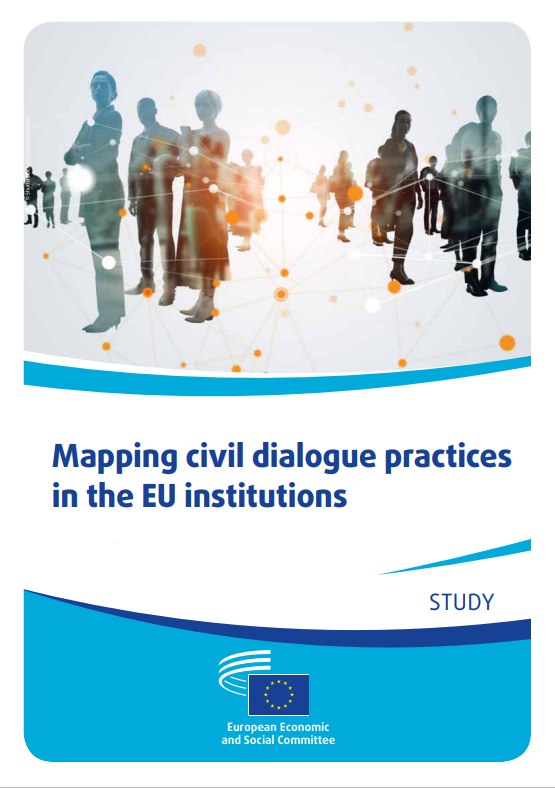EPIN Working Paper No. 19 / 37 pages
Agencies of the European Union have been developed in response to the deepening of the internal market, which caused a significant expansion of tasks in various policy areas and engendered strain on the functioning of the Commission as the engine of the integration process. But the system of European agencies is ambiguous and lacks a common framework. Instead, the system has been developed on a case by case basis, resulting in a very heterogeneous situation concerning, inter alia, European agencies’ functions, decision-making powers and structures. Delegating powers to agencies also raises questions about their accountability and the legitimacy of their actions. The Commission, being aware of these problems, made reform proposals, but to no avail.
The objective of this paper is to outline the situation of European agencies and its inherent problems. The first part provides an overview of the different stages in the development of European agencies, while the second part looks more closely at the agencies’ characteristics and how they can be defined. The following section addresses the main issues related to European agencies and the final part offers proposals for reform that are now being scrutinised.
Sami Andoura is Senior Research Fellow at EGMONT – The Royal Institute for International Relations & Deputy Editor-in-Chief of Studia Diplomatica. Peter Timmerman is Research Fellow at EGMONT – The Royal Institute for International Relations.









